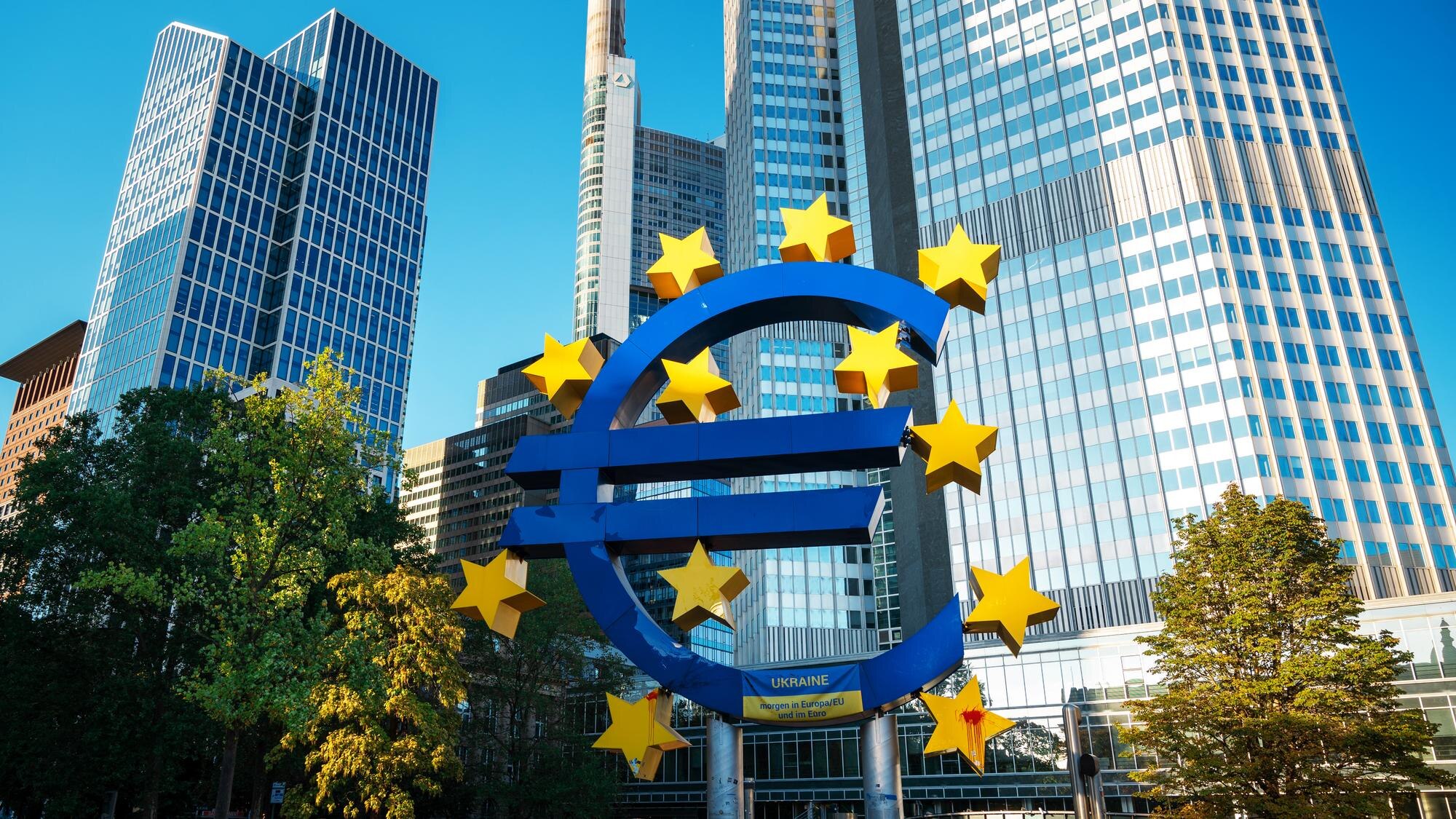
The European Investment Bank (EIB) has recently emphasized the urgent need for increased innovation financing within the European Union. A detailed report released on July 24, 2024, outlines the significant challenges and potential strategies to strengthen the region’s technological leadership on a global scale.
Highlights from the EIB Report
The report titled “The Scale-up Gap: Financial Market Constraints Holding Back Innovative Firms in the European Union,” sheds light on the crucial need to dismantle investment barriers that hinder the flow of capital into key sectors of the EU market. The EIB stresses the importance of bolstering investments in scale-up companies to ensure the EU maintains its competitive edge in technologies like green tech, artificial intelligence, and quantum computing.
Since a similar report in June 2021, titled “Artificial Intelligence, Blockchain and the Future of Europe,” the EU has advanced significantly in regulating the artificial intelligence sector. It has also begun implementing comprehensive laws concerning cryptocurrencies and blockchain technologies under its Markets in Crypto-Assets (MiCA) regulation, positioning itself as a frontrunner in tech regulation.
Despite these advancements, the European Court of Auditors indicated in a May 2024 report that the EU needs to “pick up the pace” to match the progress of global leaders in emerging technologies. This urgency underscores the necessity for the EU to fast-track its development and implementation of new technologies to stay competitive.
One of the main challenges highlighted by the EIB is the limited size and depth of EU capital markets, which particularly impacts innovative companies during their scale-up phase, a period when financing is most critical. This gap has negatively affected firms’ ability to accumulate capital, grow, increase productivity, and create jobs.
Proposals for Strengthening Capital Markets
The EIB report advocates for deepening Europe’s venture capital markets and details the EIB Group’s successful efforts in supporting innovative companies and scaling technologies. Nadia Calviño, president of the EIB, expressed the institution’s readiness to intensify efforts, especially towards achieving a true capital markets union, which is vital for sustainable growth and job creation in the region.
The report also points out that European venture capital investment is significantly lower than that in the United States. This disparity has led to slower capital accumulation for European firms as compared to their Silicon Valley counterparts, often pushing European scale-ups to rely on foreign investors.
Dependency on Foreign Investment
A significant portion of lead investors in European funding rounds comes from outside the EU. This trend often results in local firms being acquired by foreign companies or choosing to list abroad, which can dilute the EU’s influence and control over its own technological advancements.
| Topic | Detail |
|---|---|
| Investment Barriers | Need for removal to enhance capital flow into tech sectors |
| Regulatory Advances | Progress in AI and blockchain regulation under MiCA |
| Global Competitiveness | Urgency to match the pace of global tech leaders |
| Capital Market Challenges | Limited size and depth affecting scale-up phase funding |
| Venture Capital Gap | Comparison of EU and US venture capital investments |
| Foreign Dependency | High reliance on non-EU investors impacting local control |
The EIB’s call for increased innovation financing is a clarion call to bolster the EU’s technological infrastructure and market competitiveness. By addressing the financing gaps and enhancing regulatory frameworks, the EU aims to foster an environment conducive to substantial growth and innovation in crucial tech sectors.
Featured image credit: frimufilms via Freepik
Follow us for more breaking news on DMR
